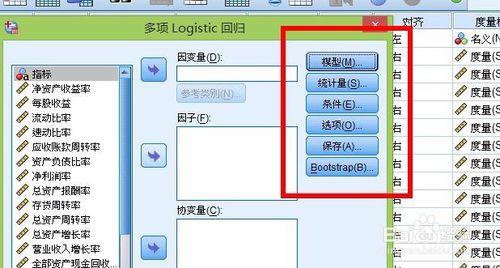Understanding the business cycle is crucial for building economic stability, guiding business planning, and informing investment decisions. The business cycle refers to the recurring pattern of expansion and contraction in economic activity over time. Economic analysis is inherently complex, incorporating a myriad of factors (such as macroeconomic indicators, political decisions). This complexity makes it challenging to fully account for all variables when determining the current state of the economy and predicting its future trajectory in the upcoming months. The objective of this study is to investigate the capacity of machine learning models in automatically analyzing the state of the economic, with the goal of forecasting business phases (expansion, slowdown, recession and recovery) in the United States and the EuroZone. We compared three different machine learning approaches to classify the phases of the business cycle, and among them, the Multinomial Logistic Regression (MLR) achieved the best results. Specifically, MLR got the best results by achieving the accuracy of 65.25% (Top1) and 84.74% (Top2) for the EuroZone and 75% (Top1) and 92.14% (Top2) for the United States. These results demonstrate the potential of machine learning techniques to predict business cycles accurately, which can aid in making informed decisions in the fields of economics and finance.
翻译:暂无翻译



